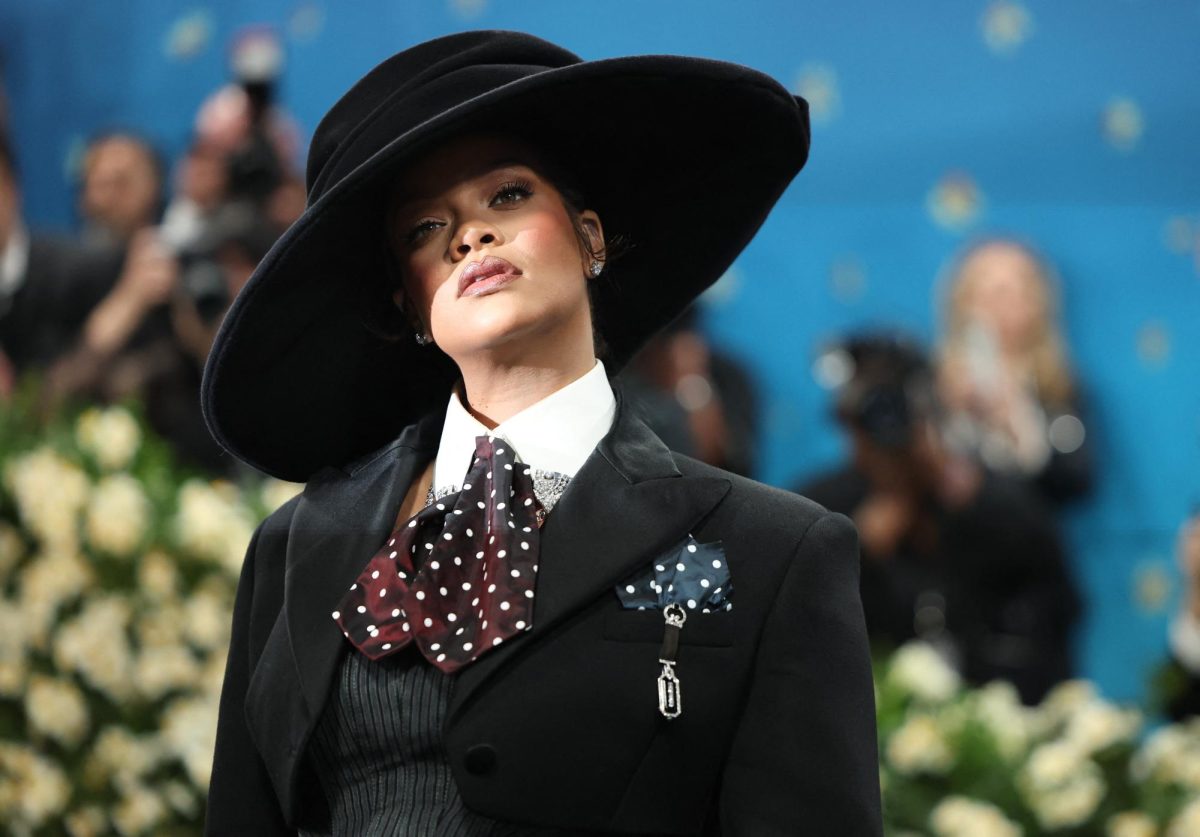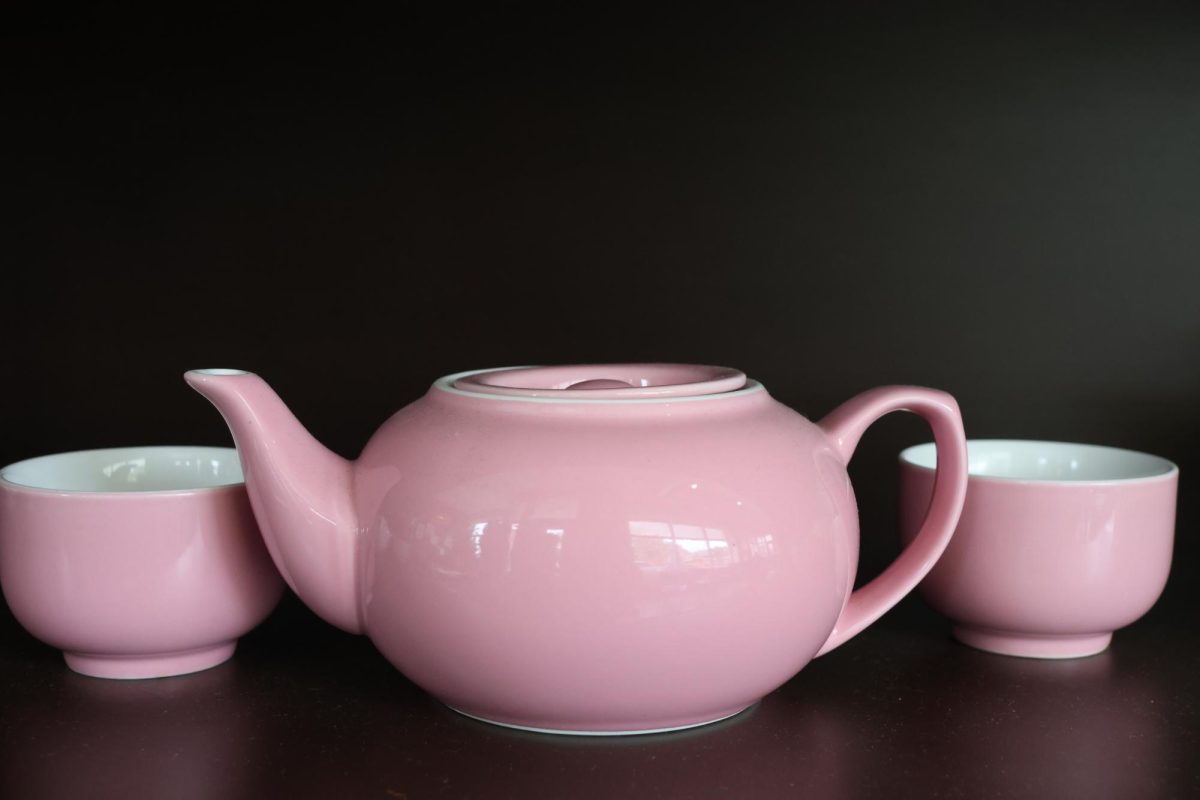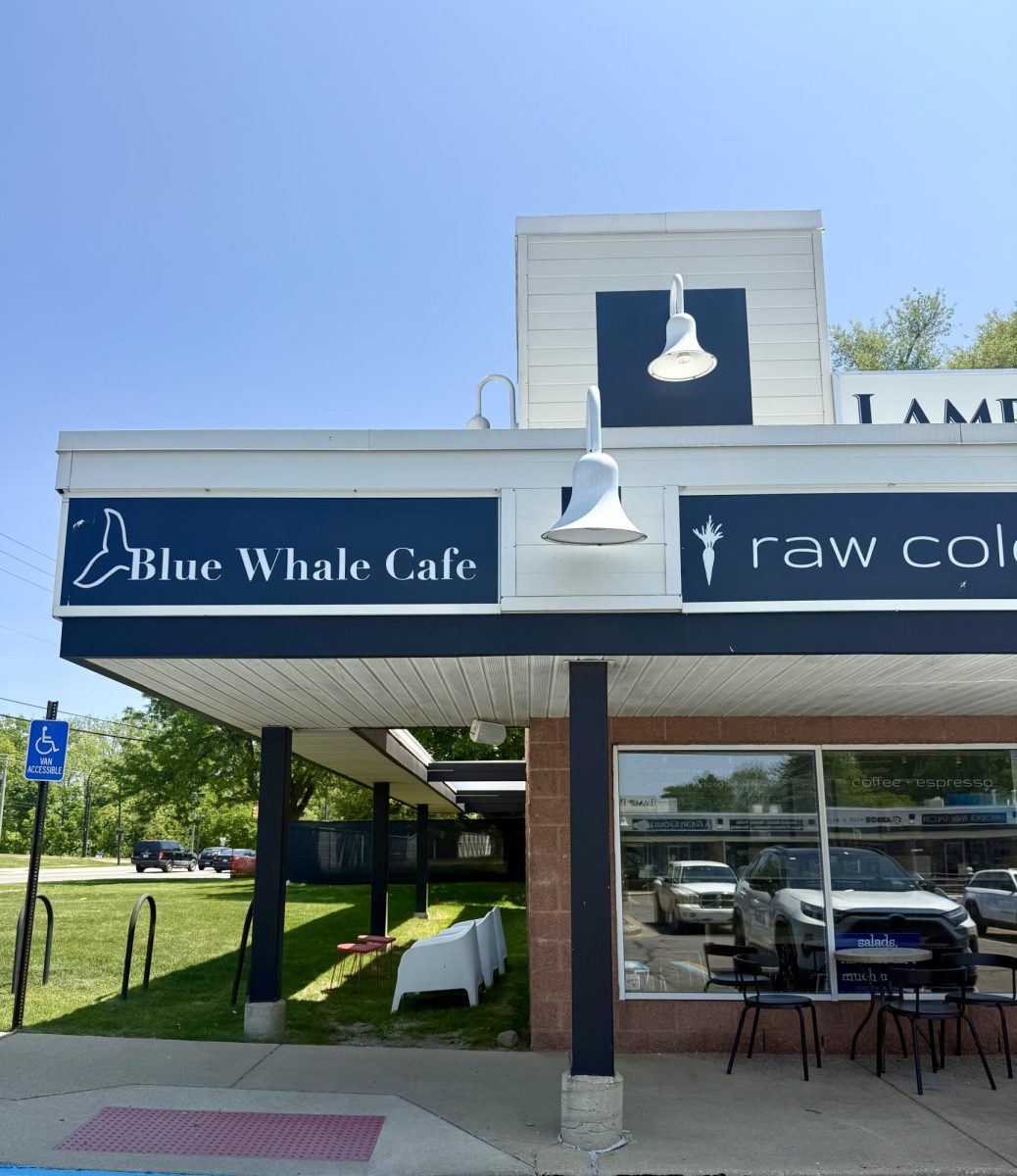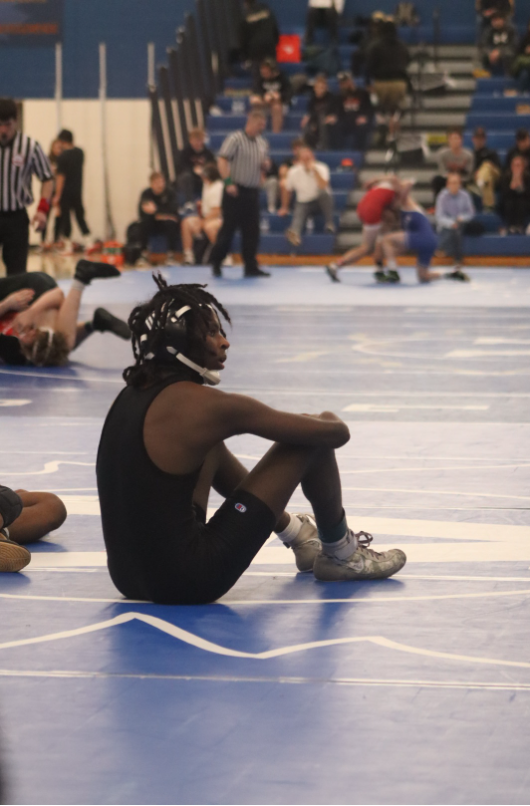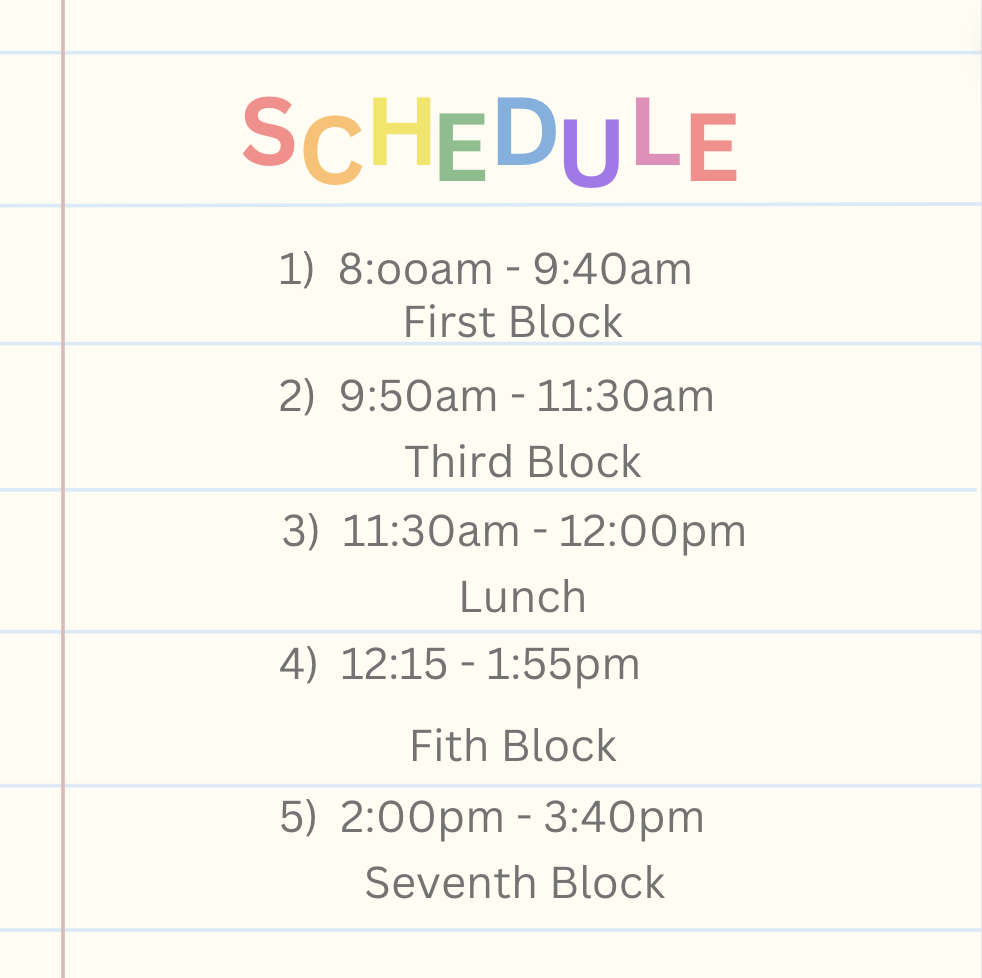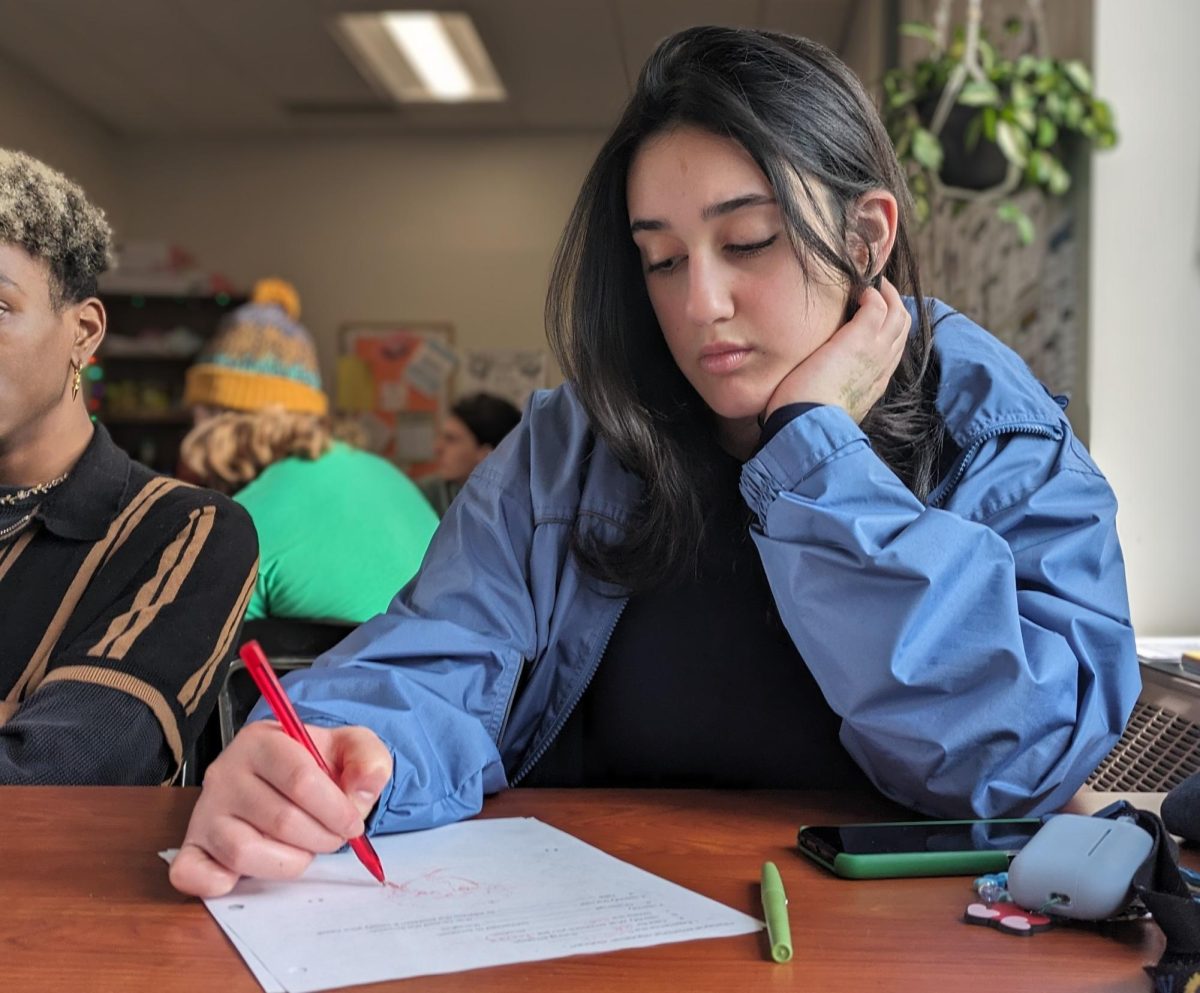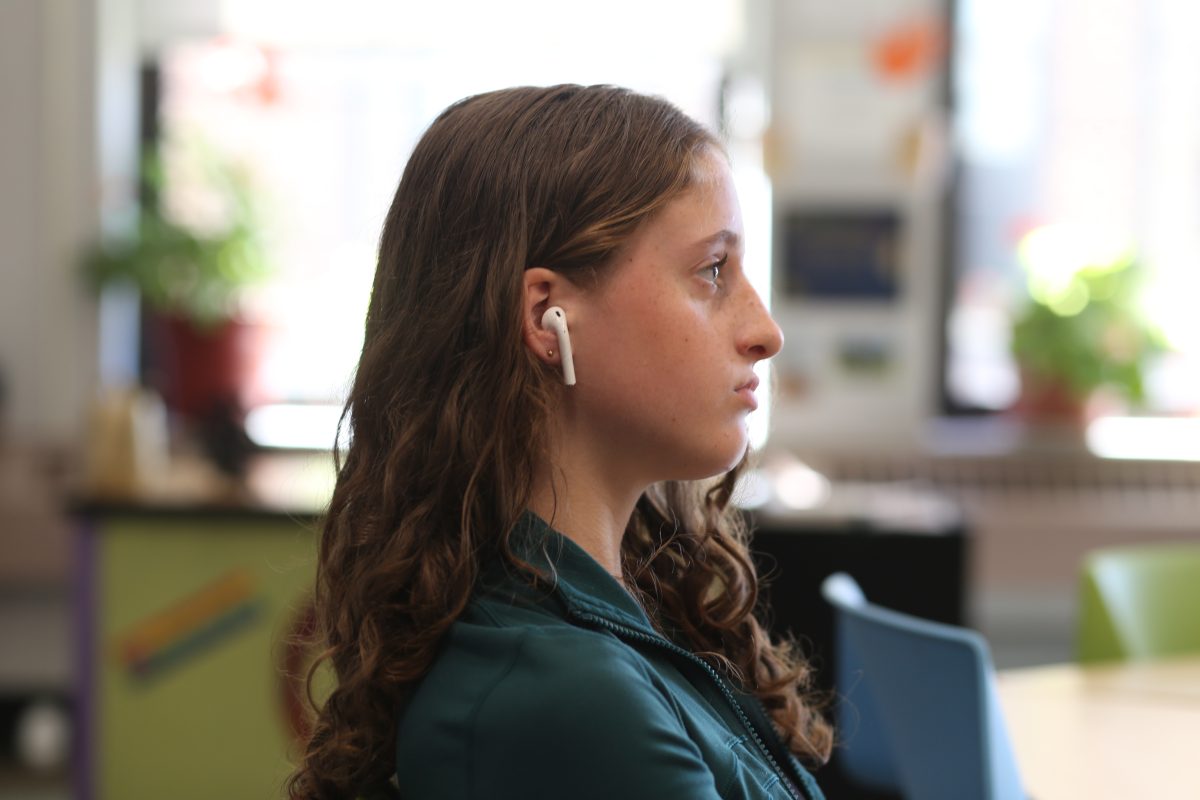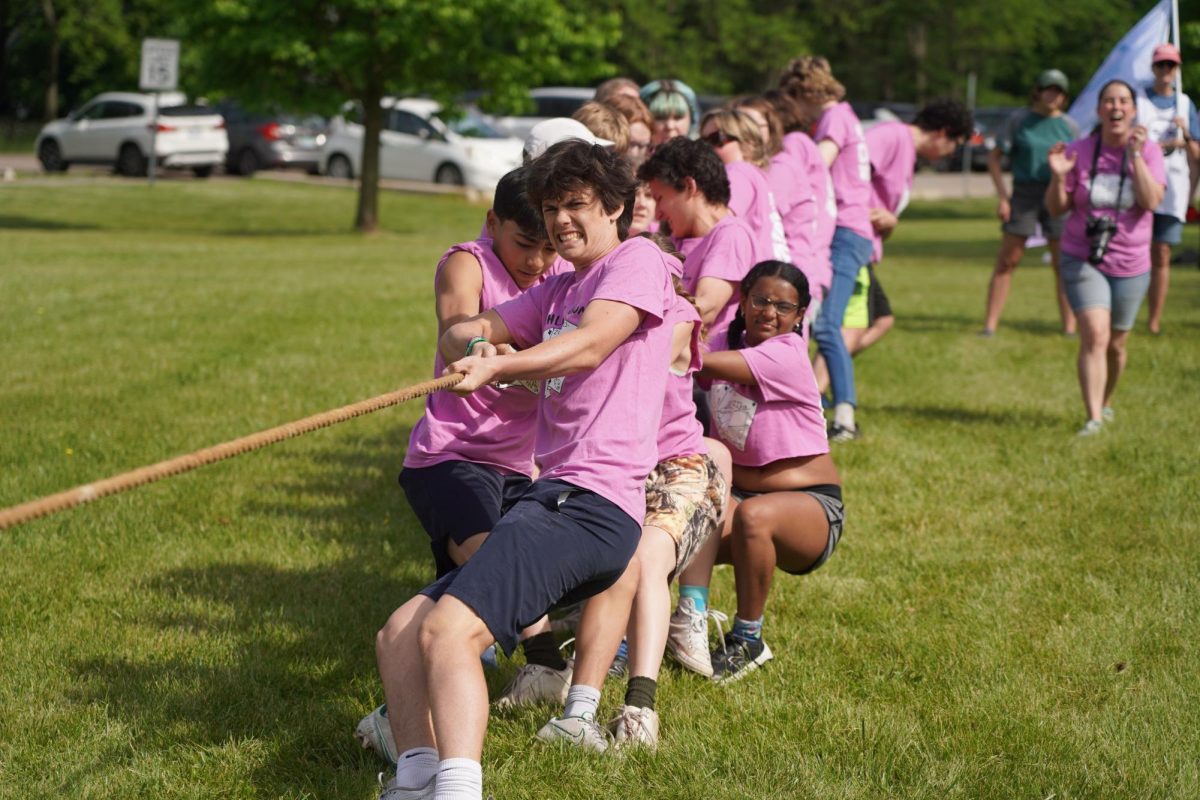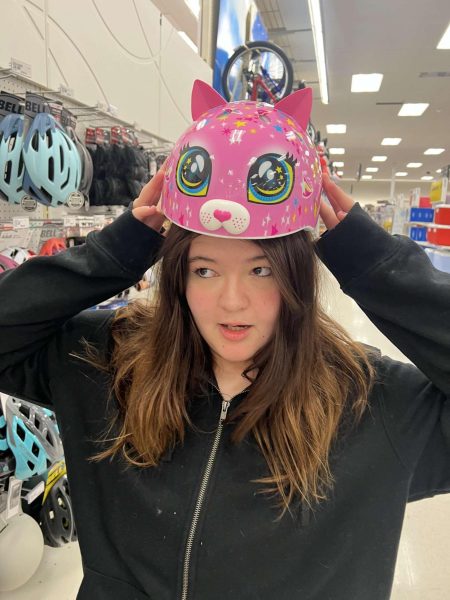Absolute confusion. That is what the so-called “Talking Stage” feels like most of the time. According to Cosmopolitan, the “Talking Stage” is “a vague descriptor for an early pseudo-relationship full of texting and talking — and maybe even full-blown dates and hookups — but no commitment.” The most important part of that definition is that the talking stage is vague—so vague that you could be in one and not even know it. The biggest supporter of the talking stage for teens has been the app Snapchat.
Over 350 million Snapchat users are part of Gen Z, which explains why the app is notorious for being where teens meet. Although Snapchat has been the biggest platform for high school teens to engage with each other, the quickly disappearing conversations and “Snapscores” have just added to the confusion of being a teenager, and more specifically, the confusion of the talking stage.
Most of the time it starts like this: someone adds you or vice versa on Snapchat, you start sending streaks or send a simple “Hey,” and from there you start the treacherous journey, no matter how long or short, of the talking stage.
“[The talking stage] can take ages and I think that’s horrible,” said CHS junior, Eloise McDougald.
McDougald defines the talking stage as different for everyone, which is where the confusion starts. She never knows beyond the fact that they have a mutual interest in each other what they mean to each other.
In McDougald’s perfect world, she would become friends with a person first and then find out that they have the desire to be more than friends. She wishes that she would know that they would work together before spending countless hours on the confusion that the talking stage brings.
“If you’re friends with them and there’s still that like tension or romantic intention or something then you know that like it’s there,” McDougald said. “You already like each other as people and you’re compatible.”
Although McDougald would rather start a relationship with someone she already knows for a fact that she’s compatible with, she finds that it’s not usually how that works. McDougald finds that it is necessary to use Snapchat to talk to people and form connections because of Snapchat’s popularity, but the app adds a plethora of new hurdles to the teen dating scene.
“I think it’s the new age that Snapchat has brought us into because it’s so easy to just add someone in your quick adds or get someone’s snap,” McDougald said. ”Just because people are less inclined to just go up and start speaking to someone and people don’t really see each other. It’s just more complicated. So Snapchat is kind of a way that we’ve adapted to that.”
When meeting someone online and having your first connections be through the screen, it is hard to tell who they actually are. You have no idea if the person on the other side of the screen is truly someone you’re compatible with. When you don’t get to often see how a person is in their friend groups or in social situations it can be hard to tell the kind of person they are underneath the niche things you tell each other about yourselves.
“At the beginning it’s more about how you portray yourself rather than like who you actually are because it’s so easy to create someone else on Snapchat for yourself [to be],” McDougald said.
As the talking stage goes on, the muddled view of what you mean to each other does not clear. The communication skills of teenagers are usually not great, but when you add in the newness of a person and not knowing how you feel it adds another layer to a haze of unclarity. Claire Theiss, sophomore, thinks that most of the confusion surrounding the talking stage comes from a lack of communication and honestly on both ends.
“The talking stage is typically like the foundation of a relationship and like, if you aren’t communicating during it, most likely you aren’t going to be communicating [well] if you actually end up being in a relationship. That’s not healthy,” Theiss said. “I feel like most of the time talking stages go nowhere because no one’s bold enough.”
Theiss thinks more than half the time talking stages don’t turn into actual relationships — people who once thought they had a connection turn back into strangers who were never enough to have a name for each other like an ex, but definitely weren’t nothing. It can be disappointing to see someone you used to know become someone you can’t make anything but polite conversation with anymore. Through social media it can be even worse, watching them live their life without you and think about the potential of what could have been.
“If it’s someone that you genuinely liked and had feelings for and you bonded, it can be sad to see that just disappear and then watch them because you still see them,” McDougald said.”You still see them and you still see their life from an outsider’s perspective, and I think that’s sad to see that you’re not included in their new life.”
Although the talking stage is hard, confusing and ruthless, it is also what makes being a teenager interesting. The more you live and experience life, no matter how upsetting it might feel at the time, it shapes you into the person who you are. We should see the talking stage less as a stressor and more as an experience to learn how to communicate with people we care about. Take a step back and remember that you’re living your first life — it is okay that you don’t know everything.






